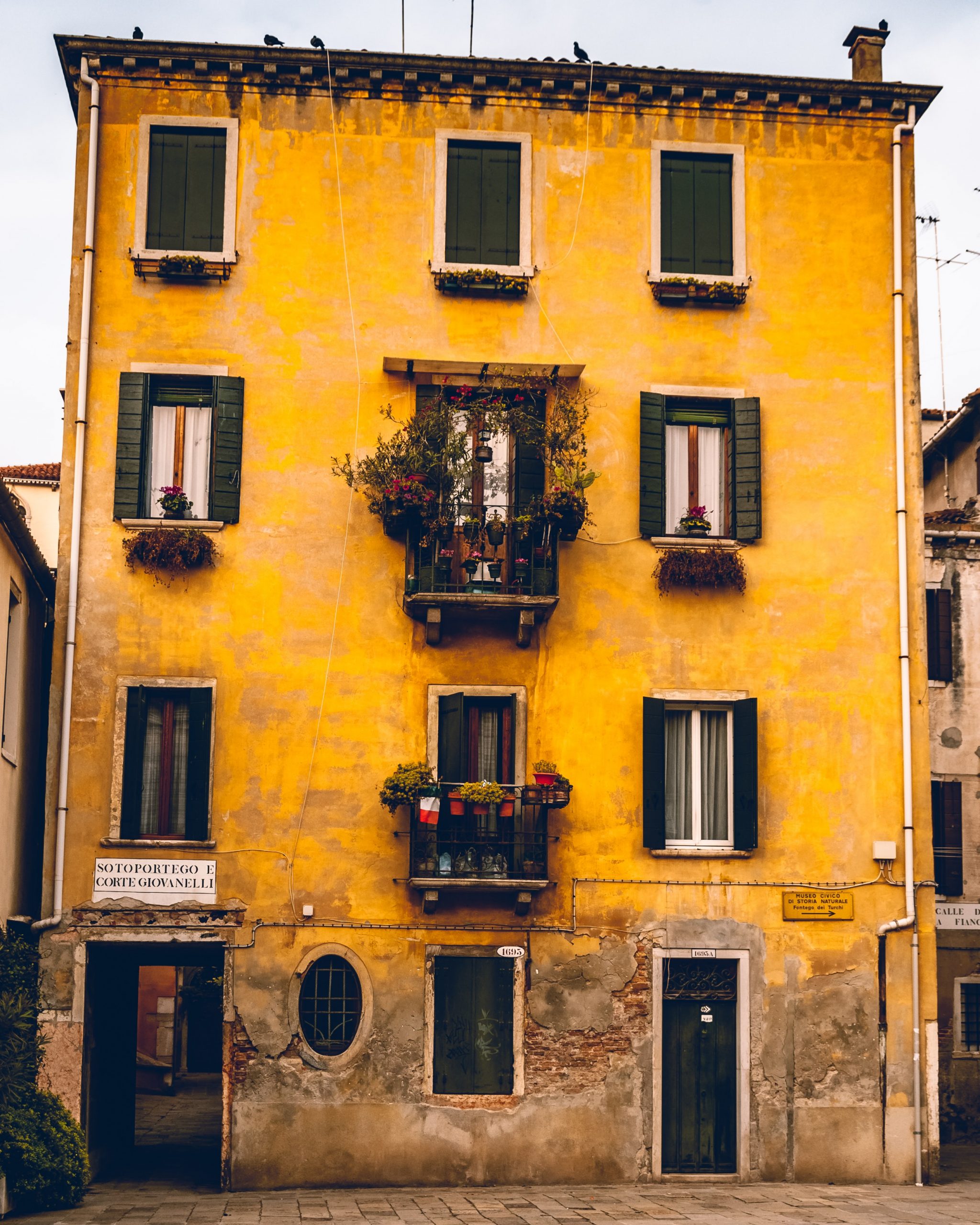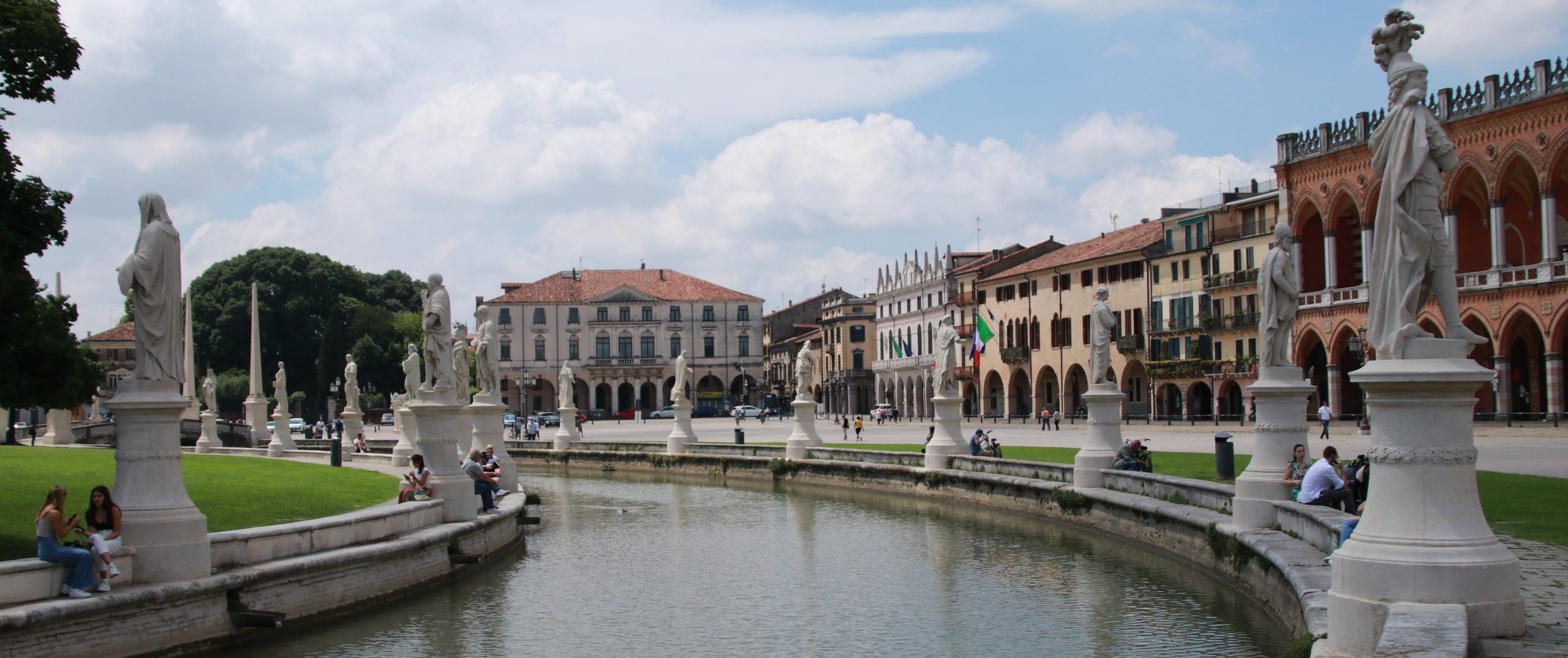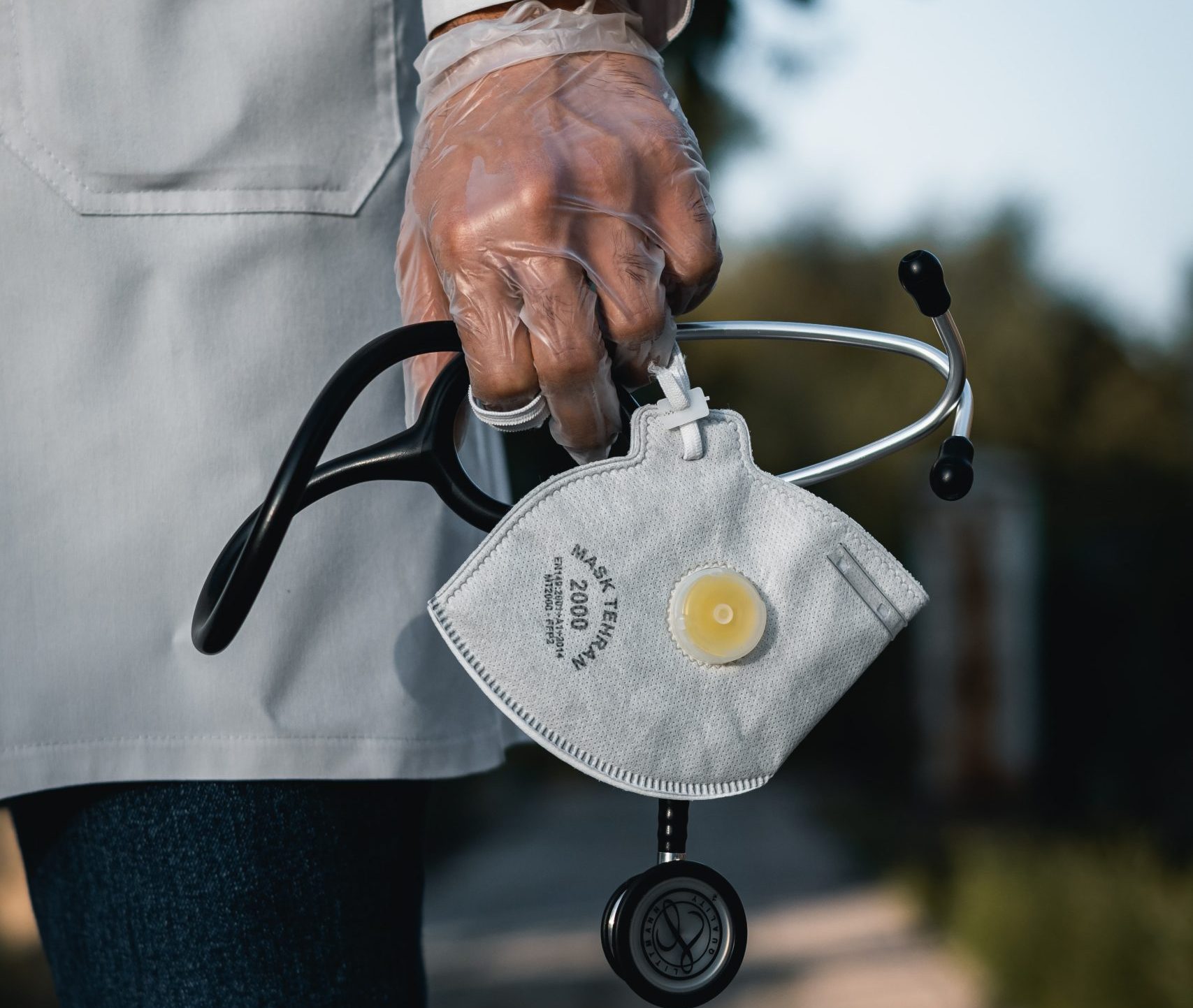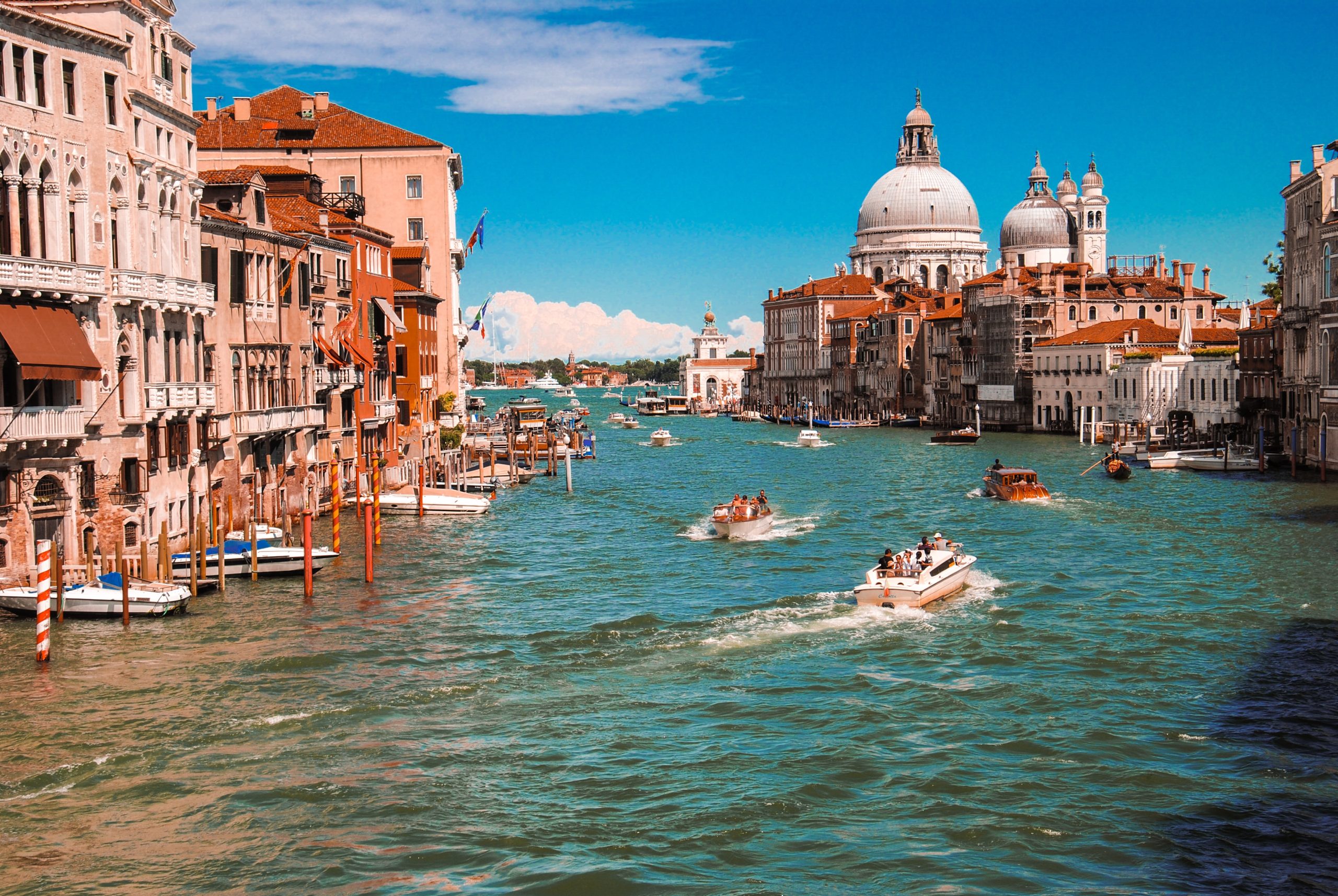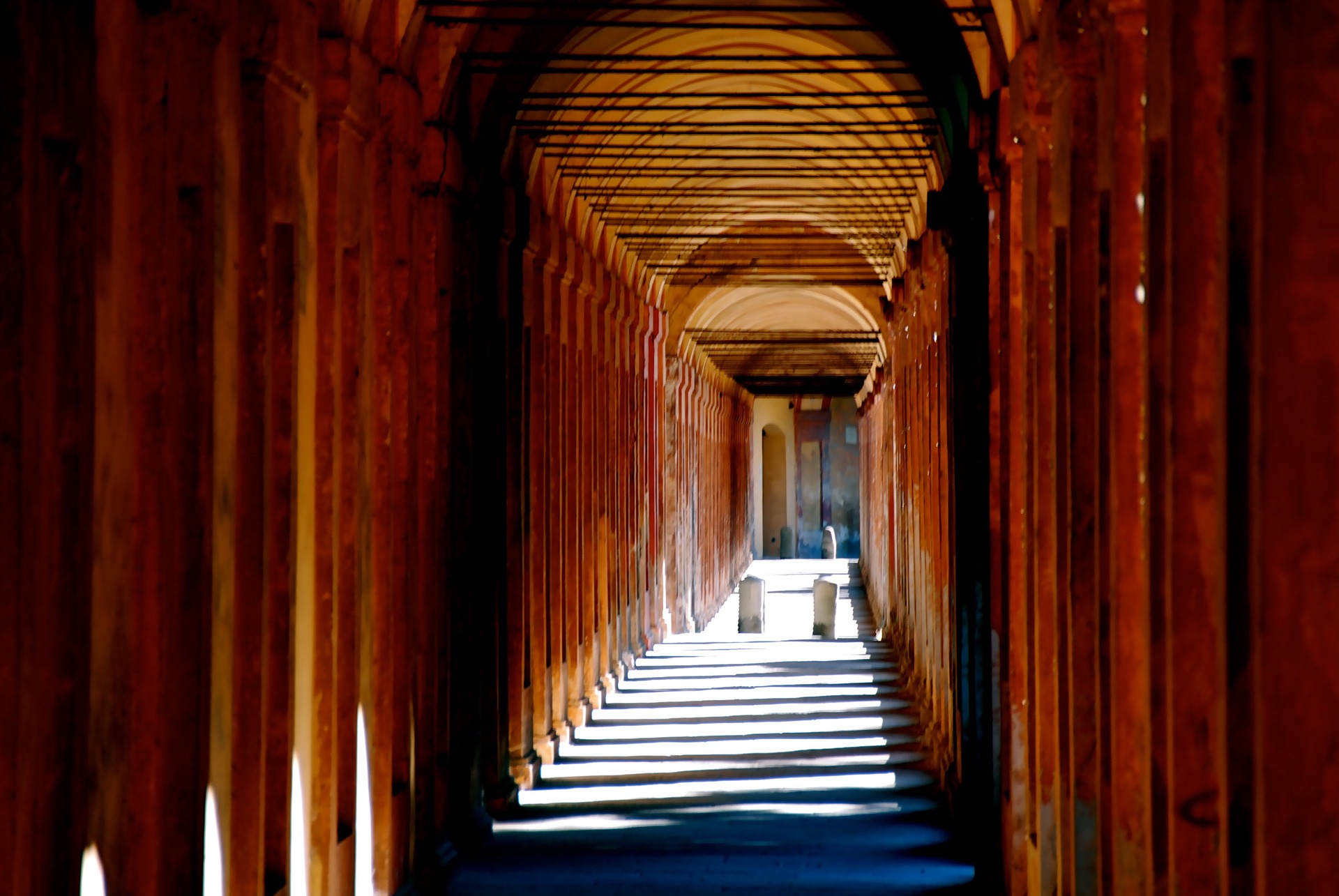Buying a property in Italy is a life goal for many of you living here or just having a vacation home. There are countless reasons to buy a home in Italy, yet this article focuses on the process of acquiring a home in Italy and the steps involved in doing so.
Purchasing a home in Italy follows similar rules as other countries, and you must undertake your own due diligence in regards to the property you intend to acquire. You need to focus first on the area you intend to purchase the property, as well as the use. It makes a difference if you want to occupy the property as your primary home, or you are looking for a vacation home.
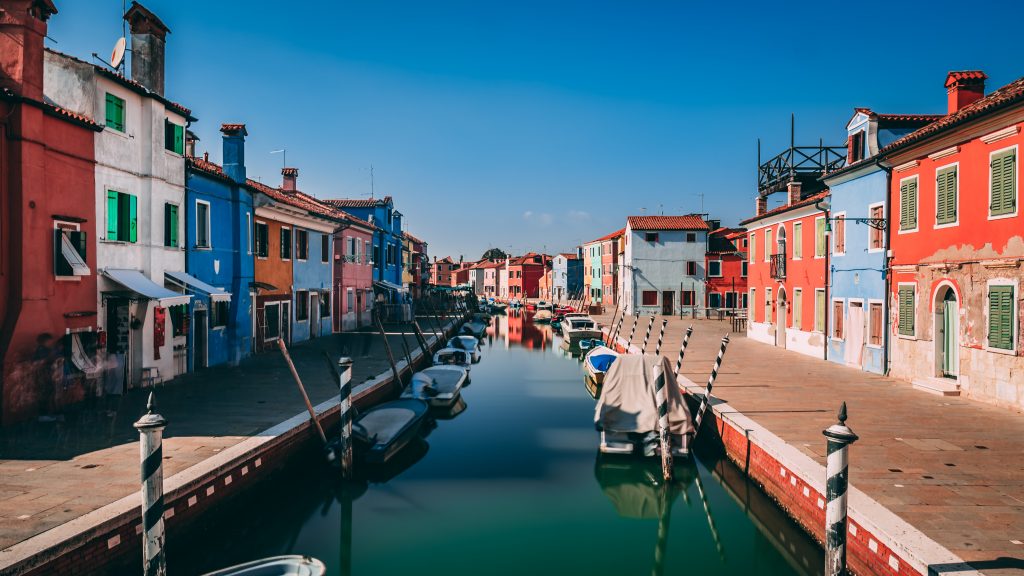
Table of Contents
ToggleBuying from an agent or through a private seller
Many people want to have a real estate agent on their side to help scouting for the best home as well as guide them through the whole process of purchasing a home, and to provide certain followup services if needed (think about letting the property once bought!). Of course this comes with a cost. A real estate agent normally requests a fee of 3% of the property transaction; note that the agent might represent both parties or just you.
Alternatively you can buy your home from a private, avoiding to incur in additional costs associated with the real estate agent.
In any case, you should rely on trusted and reputable professionals to avoid headaches down the road.
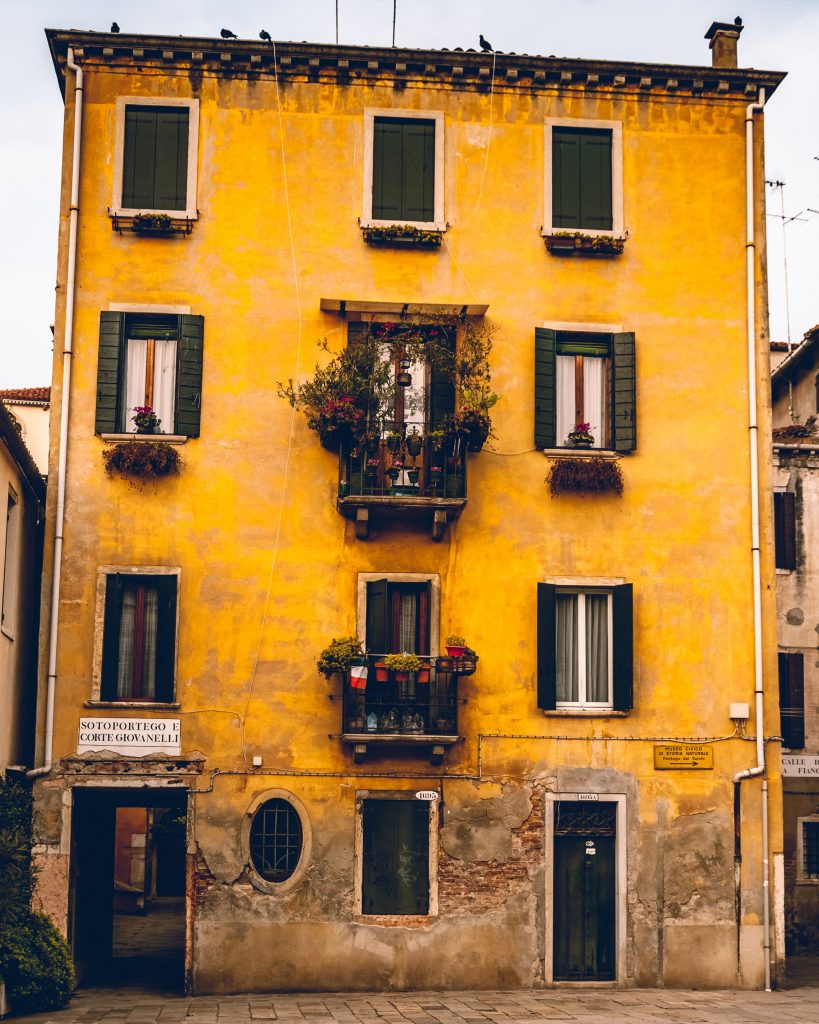
Property due diligence
Buying a property comes with many unforeseen circumstances, therefore a due diligence is normally required prior to acquiring your property. A no deal is definitely better than a bad deal! At this stage we recommend the service of a Geometra (property surveyor) who can run checks on the building’s state (electric system, water system, repairs required), on the third party claims which might affect the property, as well as provide an estimate on the property value and its market price.
If the property is located in a condominium, it is wise to liaise with the condominium administrator to understand if the previous owner has unpaid fees, or there are litigation ongoing within the condominium, or third party claims on the condominium properties.
It is your right to check the latest condominium minutes of the meeting.
If there are any major improvements decided by the condominium and yet to be performed, the seller is required to pay for it.
Property Offer
Once you have found the property that satisfies your criteria, it’s time to make an offer. In the offer, the buyer must include the price offered as well as any other condition relevant to the transaction. If you are yet to be approved for a loan, it is wise to add a clause that in case of no loan, you are not bound to go through with the purchase. You can also state further clauses regarding the state of the property at transfer (cleaned, furniture to be removed etc.).
The offer is written and signed by the prospective buyer who also needs to pay a deposit of 10% (it can be higher or lower).
It is advisable to use a bank cheque that can be refunded once the offer is accepted.
Property deed
The only way to transfer property ownership in Italy is through a notary deed. The deed is a written binding contract between the buyer and the seller, that is testified by a public notary; the notary grants the publicity of the deed itself, screening from third party claims on the property, as well as guaranteeing the property transfer.
You can witness the deed personally, or you can provide a power of attorney to a trusted person (normally a professional such as a lawyer or an accountant) to represent you for the deed. The notary needs to make sure the parties understand the terms of the contract, therefore if you don’t speak the language you must be assisted by a translator or you should appoint an attorney to act on your behalf.
Furthermore, the property needs to have a valid energy efficiency certificate (APE) to allow the notary to sign the deed.
The notary will collect the taxes due on the property purchase as well as the fee for the service.
When the deed is signed, the house is yours and you can move finally in!
Taxes payable on your Italian property
Once you buy a property, you must pay the registrar tax on the property transfer. The standard rate of 9% is reduced to 2% on your primary residence.
Note that the value used for tax purposes is the cadastral value, regardless of the transaction price.
Furthermore, you are required to pay property tax and waste and collection tax on your property.

